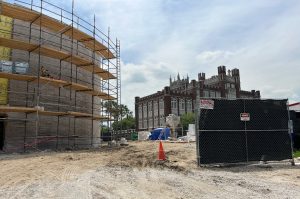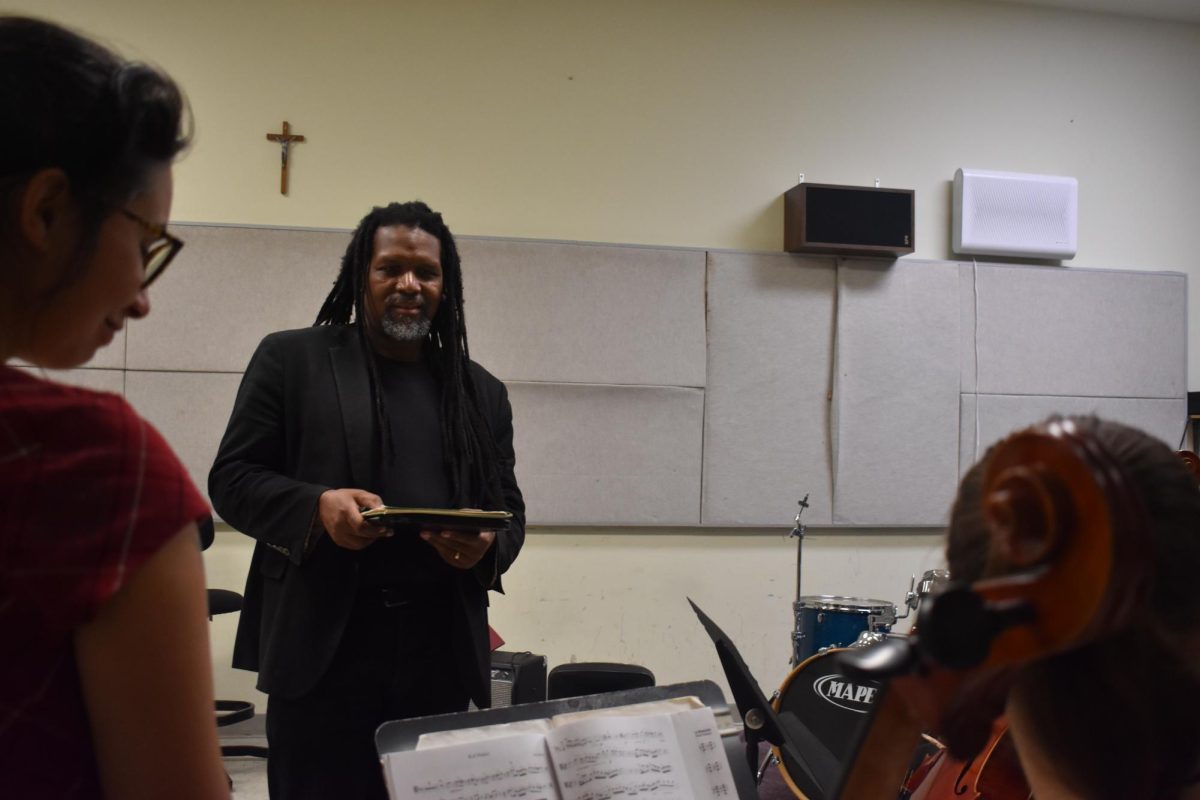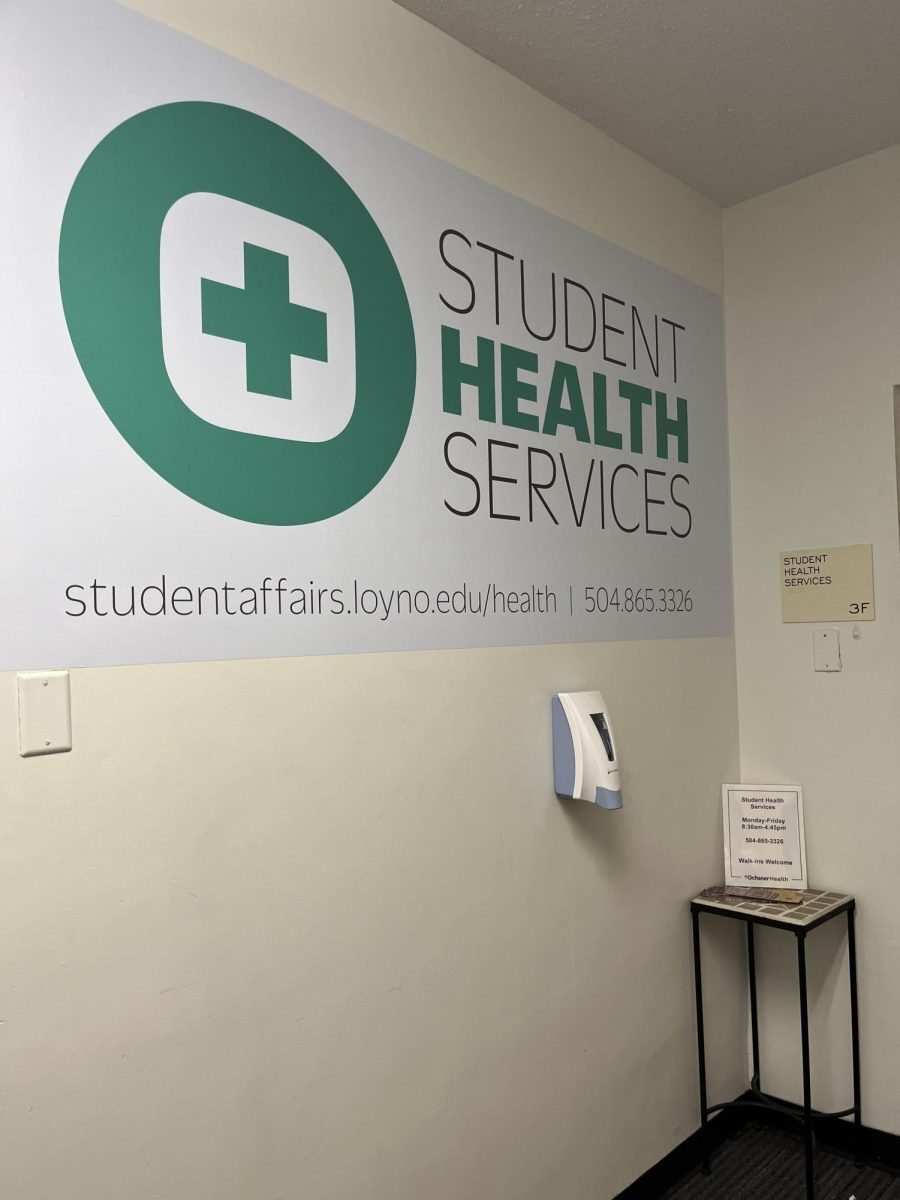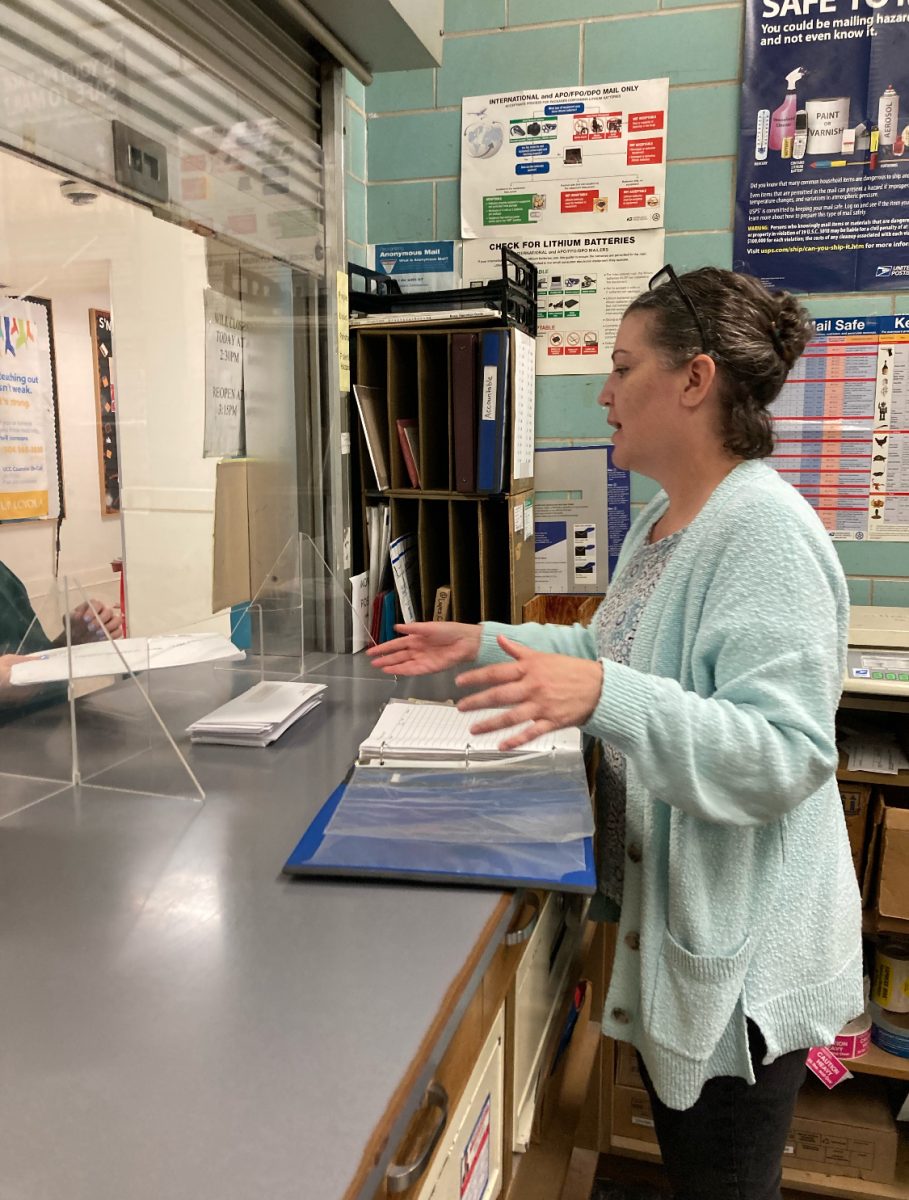Programs might be up for a review different than university wide reviews, but in order to go through with these reviews, there must first be a clear definition of the term “program.”
The Standing Council for Academic Planning is scheduled to write that definition at their May 1 meeting. The committee is also working on determining which programs should and should not be reviewed by it.
The committee has been trying to implement a system for a university program review for about three years. Throughout the semester, they have been working to finalize the review criteria and the entire process.
Laurie Phillips, associate dean of Technical Service for Monroe Library and committee member, worked with a subcommittee to create a document outlining the process of how the committee should handle program reviews and proposals. The program reviews and proposals criteria documents were approved in early 2011.
In order to perfect the program review process, the committee performed a trial run. Upon doing a test review of the chemistry and religious studies departments, the committee decided only to review programs that answer to the provost’s office, like the Academic Resource Center, which is also part of the review trial run.
Phillips said that the Standing Council for Academic Planning’s purpose should mainly be to review the programs that do not answer to a dean or college.
“A lot of the programs that answer to the provost’s office have never done a self-study,” Phillips said. “SCAP’s purpose should be to essentially be a proctor to those programs. We should make sure they are doing studies and attempting to grow, and making necessary changes suggested in SCAP’s review.”
According to Dean of the College of Humanities and Natural Sciences JoAnn Cruz, the review of departments within colleges would be done to make sure that the departments are actually doing a self-study and attempting to achieve the goals that come out of it.
“When I got here, there was no real process for a review so I immediately set up a schedule,” Cruz said. “If SCAP (the Standing Council for Academic Planning) were to review every department, it would overburden the committee. Their purpose should just be to ensure departments are doing the reviews.”
Phillips also says that program reviews should not be difficult because all of the departments and programs should be keeping up with their Southern Association of Colleges and Schools accreditation documents, so the committee could essentially ask for the same information, and it would not create extra work for deans or department heads.
“If we tried to review every program at the university, that would have SCAP reviewing at least 20 programs a year, and that would not be possible,” Phillips said.
Cruz and Phillips also said that one of the main purposes of these reviews would be to find any major issues within programs and bring them before the provost with suggestions on how to resolve them.
Hannah Iannazzo can be reached at [email protected]












